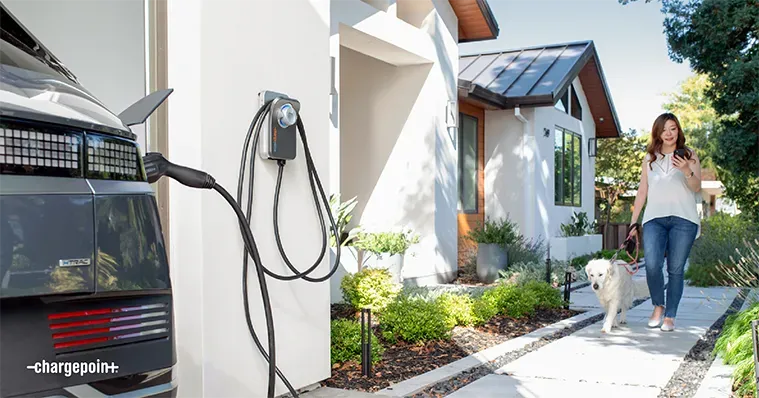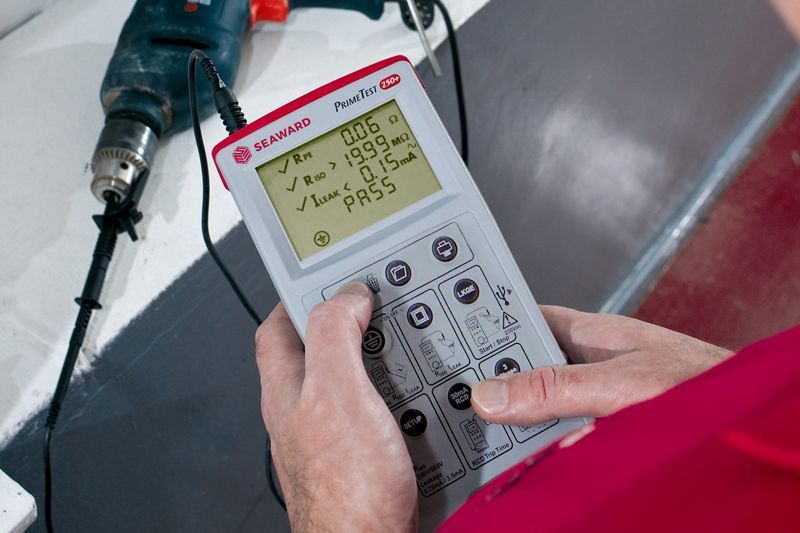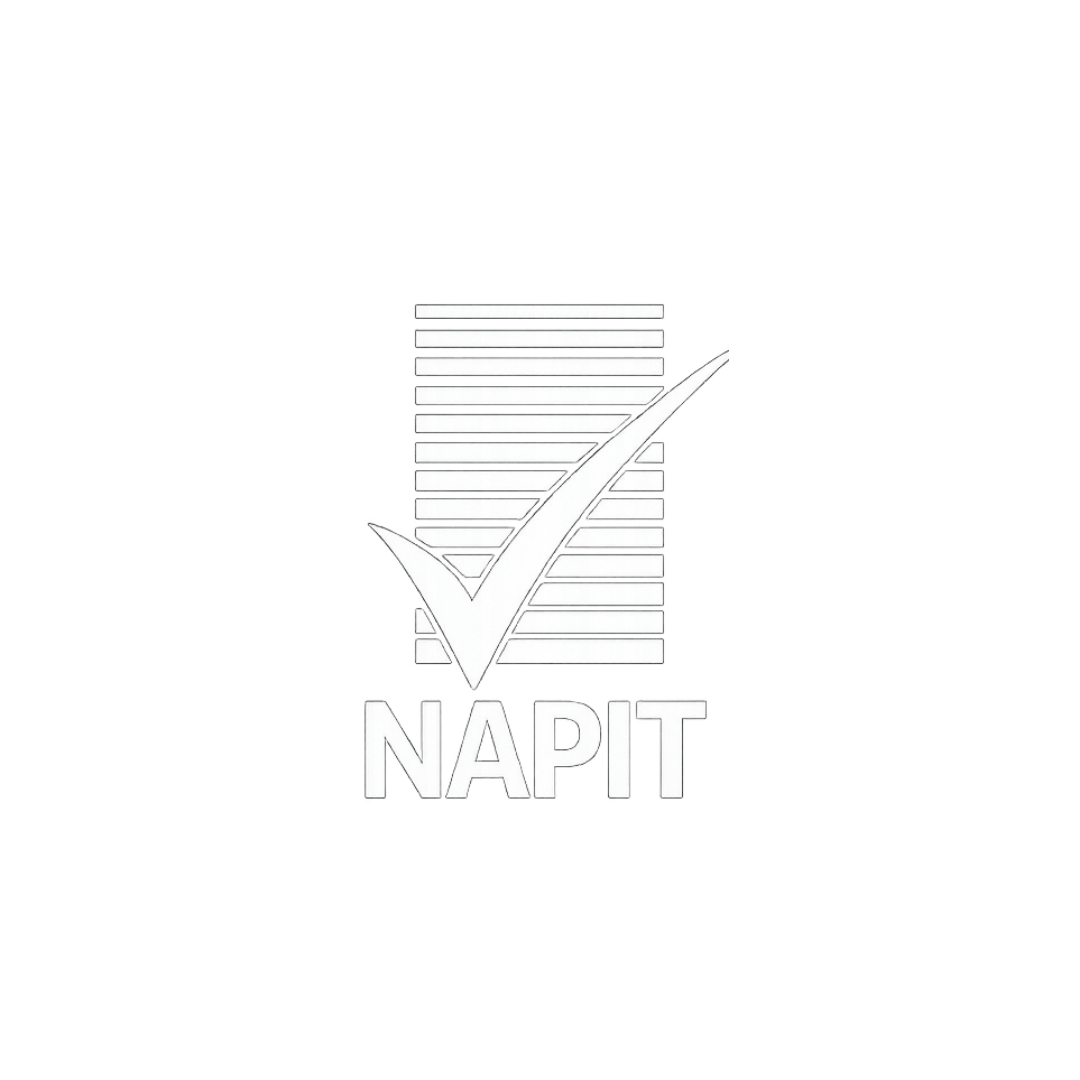Home vs Commercial EV Charging Installations in London: What’s Right for You?
With the surge in electric vehicle (EV) ownership, choosing the right EV charging installation in London has become a top priority for both homeowners and businesses. Whether you're a property owner looking to install a home charger or a company considering multiple charging points for staff and customers, it's important to understand the differences and benefits of each option.
In this guide, we’ll break down home vs commercial EV charging installations in London, helping you decide which is best for your needs.

What Is EV Charging Installation in London?
An EV charging installation in London involves setting up a dedicated charging unit to safely and efficiently power electric vehicles. These installations vary by location, usage requirements, and charging speed.
Broadly, installations fall into two categories:
- Home EV charging – Typically involves a single wall-mounted charger for private residential use.
- Commercial EV charging – Involves multiple units or high-speed chargers at business premises, public car parks, or commercial buildings.
Each has its own setup process, costs, and technical requirements, which we’ll explore in detail below.
Home EV Charging Installations: Convenient and Cost-Effective
Home EV charging is ideal for private car owners who want the convenience of charging overnight or whenever the vehicle is parked at home.
Key benefits:
- Convenience: Charge your vehicle at home without needing to visit public stations.
- Lower running costs: Benefit from off-peak energy tariffs for cheaper charging.
- Customised setup: Choose charger types and speeds based on your car and usage.
Most home chargers in London are 7kW wall-mounted units connected directly to your fuse board. The installation must comply with UK electrical regulations (BS 7671), which is why it’s vital to hire a qualified installer.
London ELEC offers tailored home EV charging installation in London, helping residents choose the right unit and ensuring safe, professional setup.
Commercial EV Charging Installations: Scalable and Revenue-Generating
For businesses, commercial EV charging is not only a convenience but also a strategic investment. Offices, retail spaces, residential developments, and hotels across London are increasingly installing EV charge points.
Why commercial installation makes sense:
- Staff and customer convenience: Provide charging while people work or visit.
- Attract tenants or guests: Add value to your property or service.
- Revenue potential: Monetise charging via pay-to-charge models.
- Support sustainability goals: Enhance your green credentials.
Commercial chargers range from 7kW to 50kW+ rapid chargers. They often require:
- Load management systems
- Networked access and billing features
- Groundworks for cable routing
- Integration with building energy systems
London ELEC delivers full commercial EV charging installation in London, from planning and site surveys to network integration and aftercare.
Home vs Commercial: Which EV Charging Installation Is Right for You?
When comparing home and commercial EV charger installations, several key differences emerge:
Home installations are primarily intended for personal vehicle charging and typically operate at speeds between 3.6kW and 7kW. These chargers are generally used only by the owner and have a typical installation cost ranging from £800 to £1,200. They require minimal permissions, making the process relatively straightforward. However, there is no revenue potential, as they are not designed to serve external users.
On the other hand, commercial installations are designed for public, staff, or customer use, with charging speeds from 7kW up to 50kW or more, depending on the setup. These systems support multiple users and often feature network access for monitoring and billing. Installation costs start from £2,000, but can vary significantly based on the complexity and scale. Commercial setups may require planning permission or DNO (Distribution Network Operator) approval. Unlike home chargers, they offer revenue potential, allowing businesses to charge users per kilowatt-hour (kWh).
Factors to Consider Before an EV Charging Installation in London
Before proceeding with any installation, consider the following:
- Power availability: Does your supply support the charger type you want?
- Cable routing: Can you safely run cabling to your desired location?
- Charger compatibility: Is the unit compatible with your current or future EV?
- Smart features: Do you want usage tracking, remote access, or billing integration?
- Grants: Are you eligible for government schemes like the EV Chargepoint Grant?
For commercial sites, consider load balancing and future scalability as EV demand grows.
Why Choose London ELEC for EV Charging Installations?
London ELEC provides safe, compliant and future-ready EV charging installation in London. Whether you’re installing a home wall charger or a commercial fleet system, their team offers:
- NICEIC-approved engineers
- Full consultation and planning
- Compliance with BS 7671 regulations
- Ongoing support and maintenance
- Assistance with grant applications
From single installations to large-scale networks, London ELEC ensures your project is delivered smoothly and to the highest standards.
What’s the Cost of EV Charging Installation in London?
Installation costs depend on the charger type, location, and any required upgrades to your electrical supply.
Typical price ranges:
- Home EV charger: £800–£1,200 including installation
- Commercial charger: £2,000–£10,000+ depending on charger speed, quantity, and complexity
Government grants and tax incentives may reduce your overall spend. For example, businesses can benefit from the Workplace Charging Scheme (WCS), which offers up to £350 per socket for up to 40 sockets.
EV Charging Installation in London
How long does it take to install an EV charger at home?
A standard home EV charger installation typically takes 2 to 4 hours. The timeframe may extend if upgrades to the consumer unit or wiring are needed.
Read the Full Article (Source:
Wikipedia)
What are the requirements for installing a commercial EV charger?
Commercial EV installations require a site survey, adequate power supply, and often permission from the Distribution Network Operator (DNO). Smart features and payment integration may also be needed.
Is planning permission needed for EV charging points in London?
In most cases, no planning permission is required for domestic wall chargers. However, for commercial or on-street installations, permissions or permits may be necessary.
Why is smart charging important for commercial EV stations?
Smart chargers offer load management, user access control, and billing features. These tools help businesses reduce energy costs and create revenue streams.
The right EV charging installation in London depends on your goals, space, and usage. Homeowners benefit from simple, cost-effective solutions, while commercial properties gain long-term value and income potential.
Whether you're charging one vehicle or setting up a fleet-ready network, professional guidance is key. London ELEC offers expert assessments, compliant installations, and ongoing support to keep your EV charging running smoothly.
To book a consultation or get a tailored quote, visit London ELEC today.









